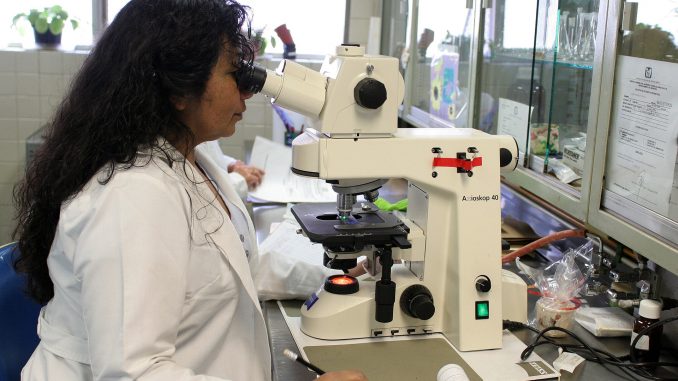
The Center of Global health was introduced to work to prevent and respond to the outbreak of dangerous diseases across the world. It currently operates in 49 countries and monitors 30-40 outbreaks every day. In recent years has helped to manage the spread of diseases like Ebola and Ziki. The goal of the CDC programme is to stop outbreaks at the source and stop them reaching the US and according to its website, the organisation has trained over 10,000 disease detectives in over 70 countries since it was introduced.
Despite the positive results that have been seen from the work being done to prevent infections spreading, the CDC has made the controversial decision to cut around 80% of its overseas activities. The agency has recently announced that due to lack of funding, they will be discontinuing their work in 39 out of the 49 countries that they currently operate in. Dr Rebecca Martin, the Center for Global Health’s director, said that they would continue to work in “priority countries” including Kenya, Uganda, India and Nigeria. “We understand and appreciate that this is difficult news, and it has been trying and frustrating for many staff — both in the field and at headquarters,” she said.
Charities and health campaigners are outraged by this recent announcement, and many have made calls for the agency to reconsider as the cuts would be putting the public at risk from new outbreaks – both overseas and in the US. Former chief of the CDC Dr. Tom Frieden is just one expert who has warned of the dangers the US would be facing. He said that the cuts would “significantly increase the chance an epidemic will spread without our knowledge and endanger lives in our country and around the world.”
He added: “We can either help other countries stop disease outbreaks abroad or fight them here at home. If funding for global health security isn’t found, CDC will have to retreat from the front lines of fighting not terrorism but terrible organisms in 30 countries. Not only would this set back scientific, technical and diplomatic relationships that have taken years to develop, it would significantly increase the chance an epidemic will spread without our knowledge and endanger lives in our country and around the world,” he said.
Groups of health organisations have all expressed their concerns over the cuts – which they consider to be both morally wrong and dangerous to the public. In one letter to the Health and Human Services Secretary Alex Axar, a group representing over 200 organisations said: “As the United States and the world begin to reap the benefits of our investments in better disease preparedness, now is not the time to step back,” “The ongoing danger that biological threats pose to American health, economic, and national security interests demands dedicated and steady funding for global health security.”


Leave a Reply